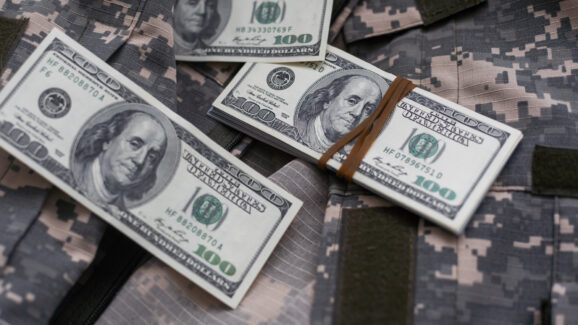Lesson 12: Wars and the Economy


From Student to Leader: Bret’s Transformative Experience at the EFL Program at UC Berkeley
November 13, 2025 Bret Chen had always been drawn to the world of business. As a high school junior from…

Aditi Gandhi: Economics for Leaders Virtual Program Alumni
October 6, 2025 Aditi sat at her desk in Dubai, staring at her computer screen, her fingers hovering over the…

October is National Economic Education Month. We need it more than ever.
The Washington Examiner By Ted Tucker October 2, 2025 A fundamental economic principle is that voluntary trade creates wealth, and the…
